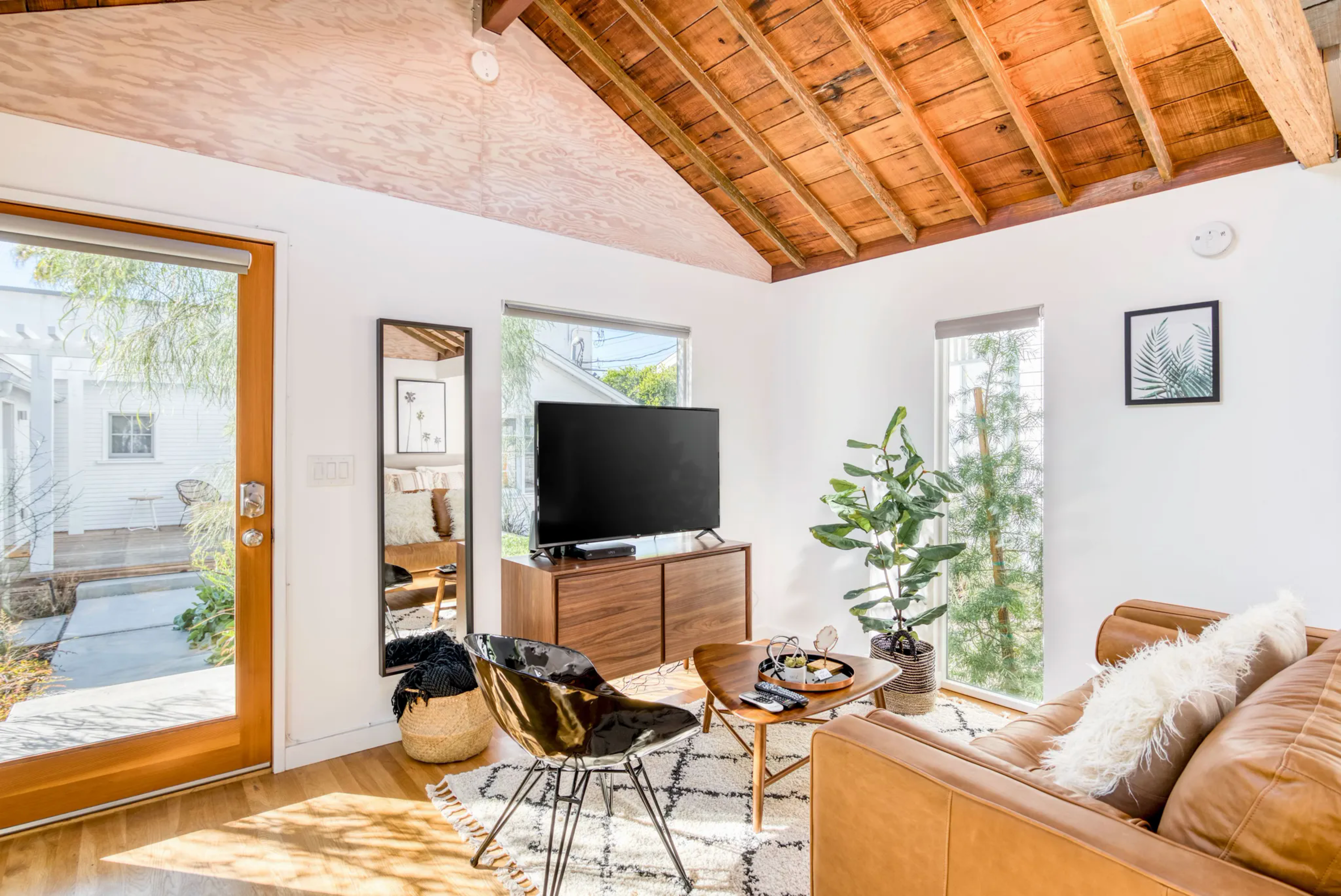Zeus Living, an emergent short-term rental startup headquartered in San Francisco, is shutting down for good, after eight years of operations and $150 million in venture capital funding.
A letter obtained by The Standard this week indicates that property owners will be transitioned over to a property tech startup called Blueground, which has a business model similar to Zeus Living’s. As part of the business closure, the company is laying off its staff of around 120 people.
“As you well know, Zeus has experienced difficulty with timely payments over the past few months,” stated the Nov. 6 email sent to property owners. “The company has been struggling financially and is winding down its operations. Zeus will no longer be able to manage and make payments for your property moving forward.”
Unlike Airbnb or Sonder (opens in new tab), another short-term rental startup that has dealt with layoffs and stock market delisting (opens in new tab) in recent months, Zeus Living targeted individuals—often roving workers and relocated employees—looking for longer-term, still-flexible stays. The company boasted in marketing materials that its properties, located in major American cities on the coasts, are designed by a team of in-house designers (opens in new tab) (or approved by them).
News of the shutdown came a day before WeWork filed for bankruptcy, a startup once valued at $47 billion whose rapid collapse has become a cautionary tale for real estate technology investments. Zeus Living’s closure was first reported by The Information (opens in new tab).
One San Francisco resident who listed their property with Zeus Living said that Zeus Living has been late on payments for at least six months, adding, “They do eventually pay.”
The property owner, who asked to be anonymous, said they are planning to stick with Blueground in order to maintain their current tenant, but said they are considering transitioning to a more traditional property management company in the future due to concerns about the viability of the short-term rental industry. (Blueground did not respond to a request for comment.)
The instability of the current real estate market, coupled with tech industry woes, has been a one-two punch for companies looking to make a mint off this business model.
Airbnb joined a $55 million round of funding (opens in new tab) for Zeus Living in December 2019, just months before a pandemic that upended the short-term rental industry entirely.
Among its other investors were Comcast and Initialized Capital, the fund co-founded by Alexis Ohanian and Garry Tan. But just months later, the company was kneecapped by the Covid pandemic—forcing it to cut more than 60% of its staff between March and May 2020 (opens in new tab).
More recently, the startup cut its workforce in half last year, citing “market volatility” and “the possibility of recession.”
Representatives for the company did not respond to multiple requests for comment.
